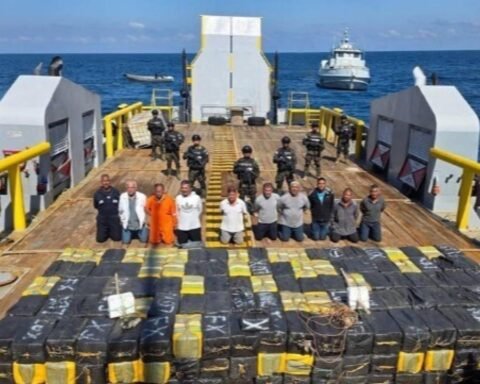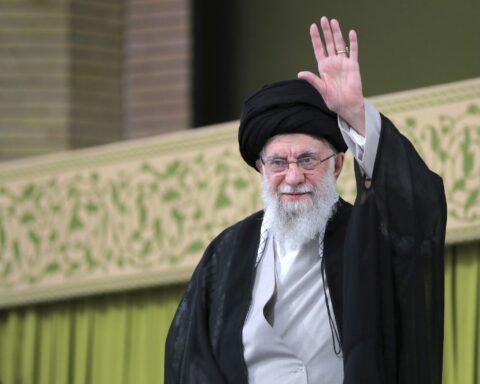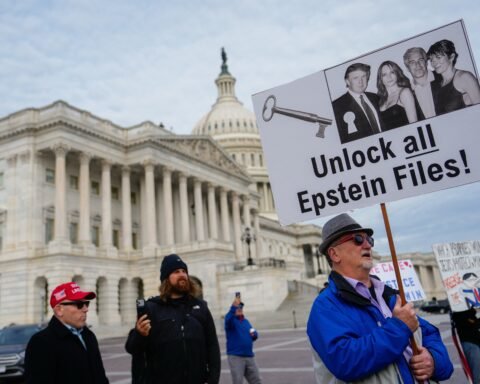The Kremlin on Monday reiterated that it remains committed to the Istanbul peace framework previously agreed with Ukraine, blaming Kyiv for allegedly stalling a scheduled exchange of prisoners of war and the bodies of fallen soldiers.
Russian presidential spokesperson Dmitry Peskov, speaking to reporters during a press briefing in Moscow, said Ukraine’s explanations for postponing the process lacked credibility.
“We’ve heard a variety of excuses and justifications, but frankly, they’re not very convincing,” Peskov said, accusing Kyiv of backtracking on a deal reached during the most recent round of Russia–Ukraine negotiations held in Istanbul.
According to Russia, both sides had agreed to a prisoner exchange set for June 7. However, Ukrainian officials have claimed no final date was set and that the decision to delay the exchange was due to operational issues, with plans to conduct the swap next week instead.
Peskov dismissed this explanation and urged the press to revisit the earlier statements of Vladimir Medinsky, the head of Russia’s delegation in the negotiations.
“He already answered all the questions clearly. I suggest listening to him again,” Peskov added.
Ukraine, meanwhile, has stated that although the prisoner swap is being rescheduled, no specific date had ever been confirmed for the repatriation of fallen soldiers, a point Moscow contests. The delay has fueled tensions between the two governments and reignited questions over whether meaningful diplomatic contact remains possible.
When asked whether Moscow has approached any international humanitarian organizations such as the International Committee of the Red Cross for assistance, Peskov replied:
“Not yet. It was a bilateral agreement, and we need to clarify if the other side is refusing to uphold its obligations.”
Though no new round of peace talks has been scheduled, Peskov emphasized that communication channels remain open.
Also Read; BRICS Accelerates Digital Drive For Global South
“Ideally, we’d like to see momentum toward a new round of negotiations. But as of now, nothing is confirmed,” he said.
NATO Build-Up Sparks Kremlin Alarm
Peskov also reacted to recent NATO plans to increase air defense capabilities across Europe by up to 400 percent—a figure cited in internal discussions following rising geopolitical tensions.
He criticized the initiative as part of a broader effort to justify spending European taxpayers’ money on what he called an “imaginary Russian threat.”
“This is another example of militarizing the public under a fictional threat,” Peskov said. “NATO has finally stopped pretending. It is now openly revealing its nature as a tool of aggression and confrontation.”
His remarks echo long-standing Russian claims that the alliance, formed in 1949, was designed for confrontation rather than peace. “NATO was created for confrontation,” Peskov said. “Now, it’s no longer hiding its intentions.”
Russia, he warned, will respond to any “aggressive expansion,” especially with new NATO members now located along its borders. He did not specify what form that response would take but indicated that Moscow is reviewing its military posture accordingly.







